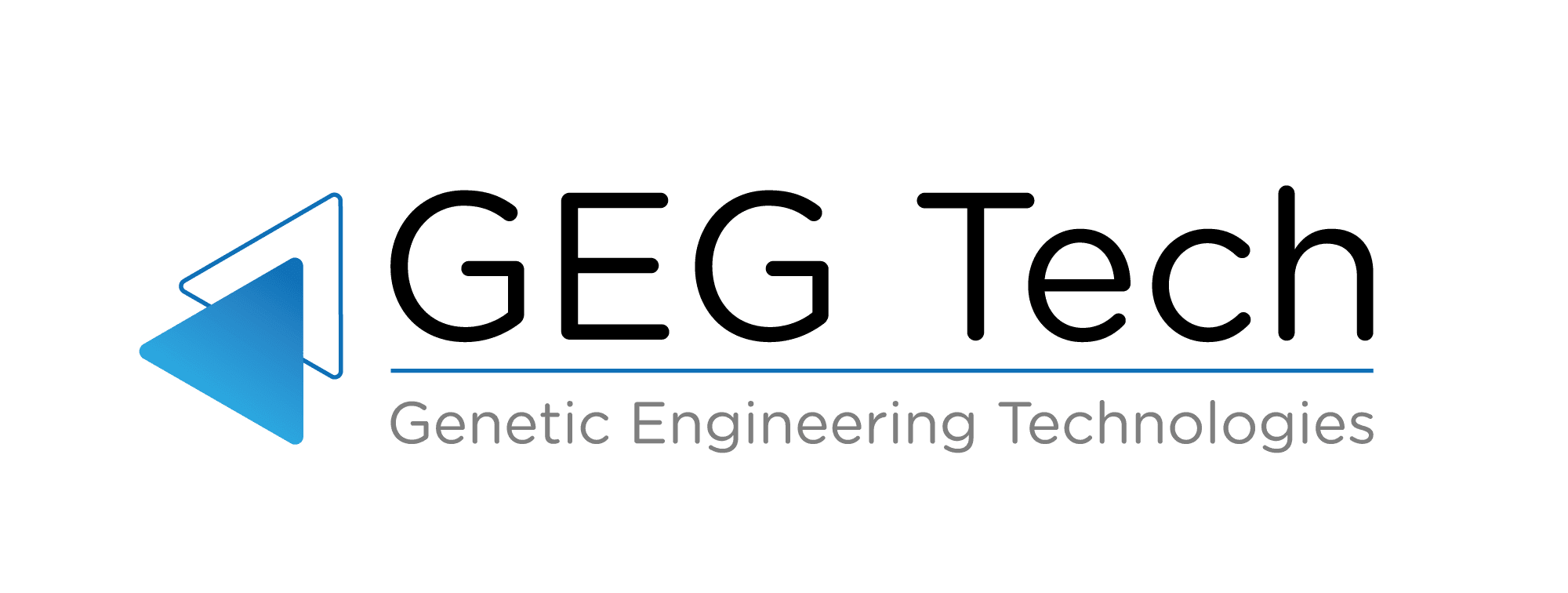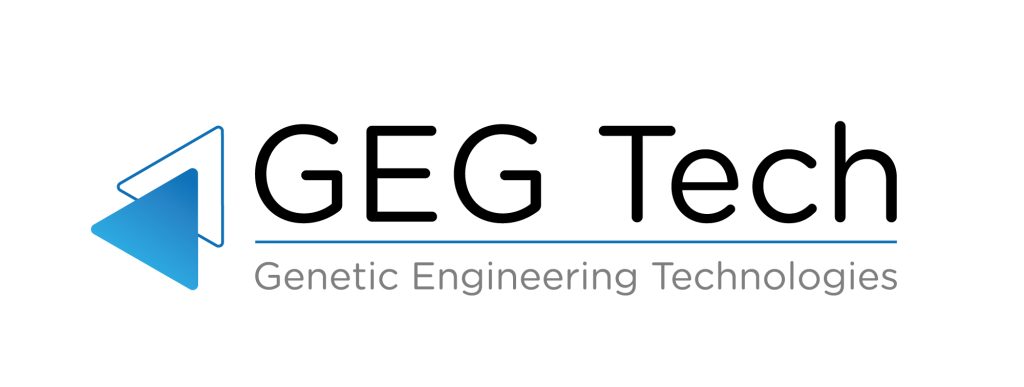Until recently, most CAR-T therapies were made from the patient’s own cells, but the long-term commercial viability of cell therapies of all types will rely on “allogeneic” cells, therapeutic cells mass-produced and grown from a source outside the patient. However, the recipient’s immune system is likely to treat all outside cells as foreign and reject them. Immune rejection of therapeutic cells, such as CAR-T cells, mediated by antibodies, as opposed to chemical aggression initiated by them, has proven to be particularly challenging to resolve. This is a factor that hinders the development of these treatments. Researchers have therefore developed a method to catch antibodies before they bind to cells, preventing the activation of the immune response. The researchers genetically engineered three types of cells : insulin-producing islet cells, thyroid cells and CAR-T cells, so that each type makes and displays a large number of a protein called CD64 on their surface. On these engineered cells, CD64, which tightly binds the antibodies responsible for this type of immune rejection, acted as a kind of decoy, capturing the antibodies and binding them to the engineered cell, so that they would not activate the immune cells. The new strategy is described in Nature Biotechnology.





